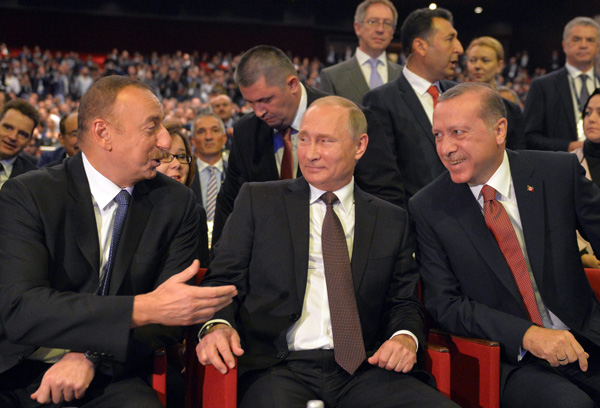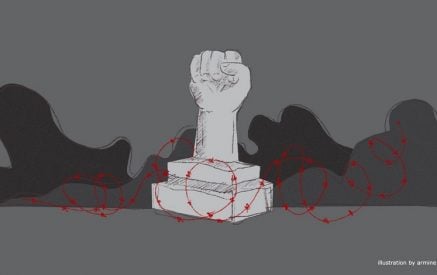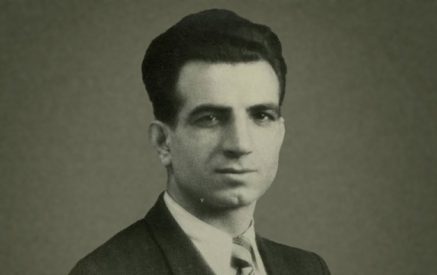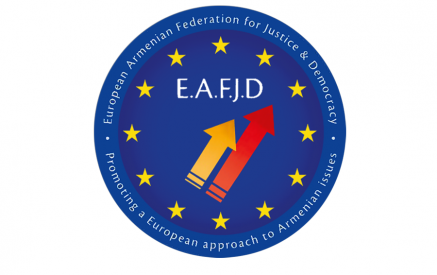“In 1992, May 8 was marked as the day of Shushi’s liberation, but these past days will go down in Armenian history as the brilliant defense of Shushi. The ‘Gorbagyor’ military operation is progressing successfully,” Artsrun Hovhannisyan announced at a press conference on November 6, 2020. Two days before the fall of Shushi—unofficially on the very day of its fall—official propaganda claimed the city would not fall. It is unlikely the Armenian authorities were unaware of the truth at that moment. Yet, they found it necessary to mislead the public until the last possible moment.
Now, the same propaganda seeks to convince us that, within the next two months before the COP29 conference in Baku, there is a chance of signing the so-called “Peace Treaty.” Of course, even if such a treaty is signed, it would be little more than a piece of paper—its reliability as solid as the border posts on the Kirants. But Aliyev is reluctant to take even this symbolic step, instead introducing new preconditions: “Change the constitution,” “Punish the war criminals” (those who liberated Artsakh), “The missing,” “300,000 Western Azerbaijanis,” “Enclaves,” “The Corridor,” and so on. So what kind of “peace treaty” is this, really?
Two questions arise here. First, why is Aliyev delaying the signing of the “peace agreement”? The answer is simple: because he wants more. The attitude of the Armenian authorities—who does not say anything about the ethnic cleansing in Artsakh, the occupation of Armenian territories, and the ongoing detention of prisoners in Baku—suggests that there is indeed potential for Aliyev to extract further concessions.
The second question is: Why is Aliyev able to delay the signing of the agreement? Several factors are at play here. One of the most significant is his ability to successfully “jump” from one diplomatic format to another. Having secured confirmation in the “Charles Michel format” that Artsakh is a part of Azerbaijan (with a vague reference to the Alma-Ata Declaration), Aliyev deemed that format exhausted and abruptly shifted to the Russian one.
Read also
Pashinyan, meanwhile, seems unable to keep up with these diplomatic maneuvers. Perhaps he is attempting to compensate for this “loss of momentum” by gravitating toward the anti-Western BRICS bloc. By the way, what does Pashinyan’s “pro-Western” inner circle think about this shift? Perhaps now is the right time to gather signatures for the EU.
Aram Abrahamyan


























































